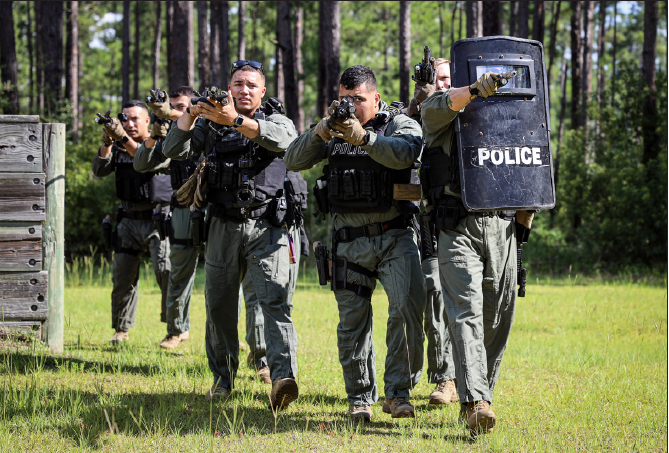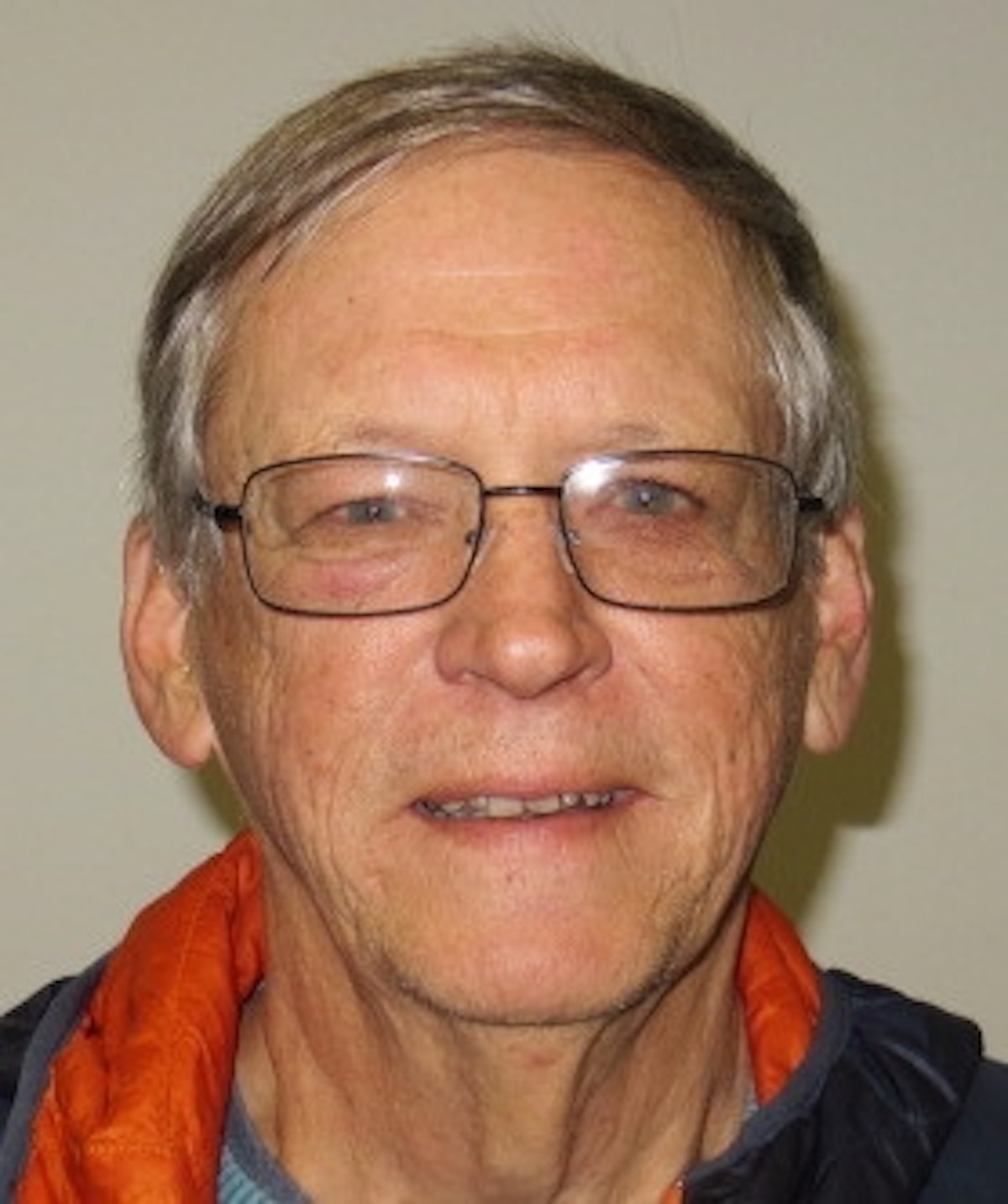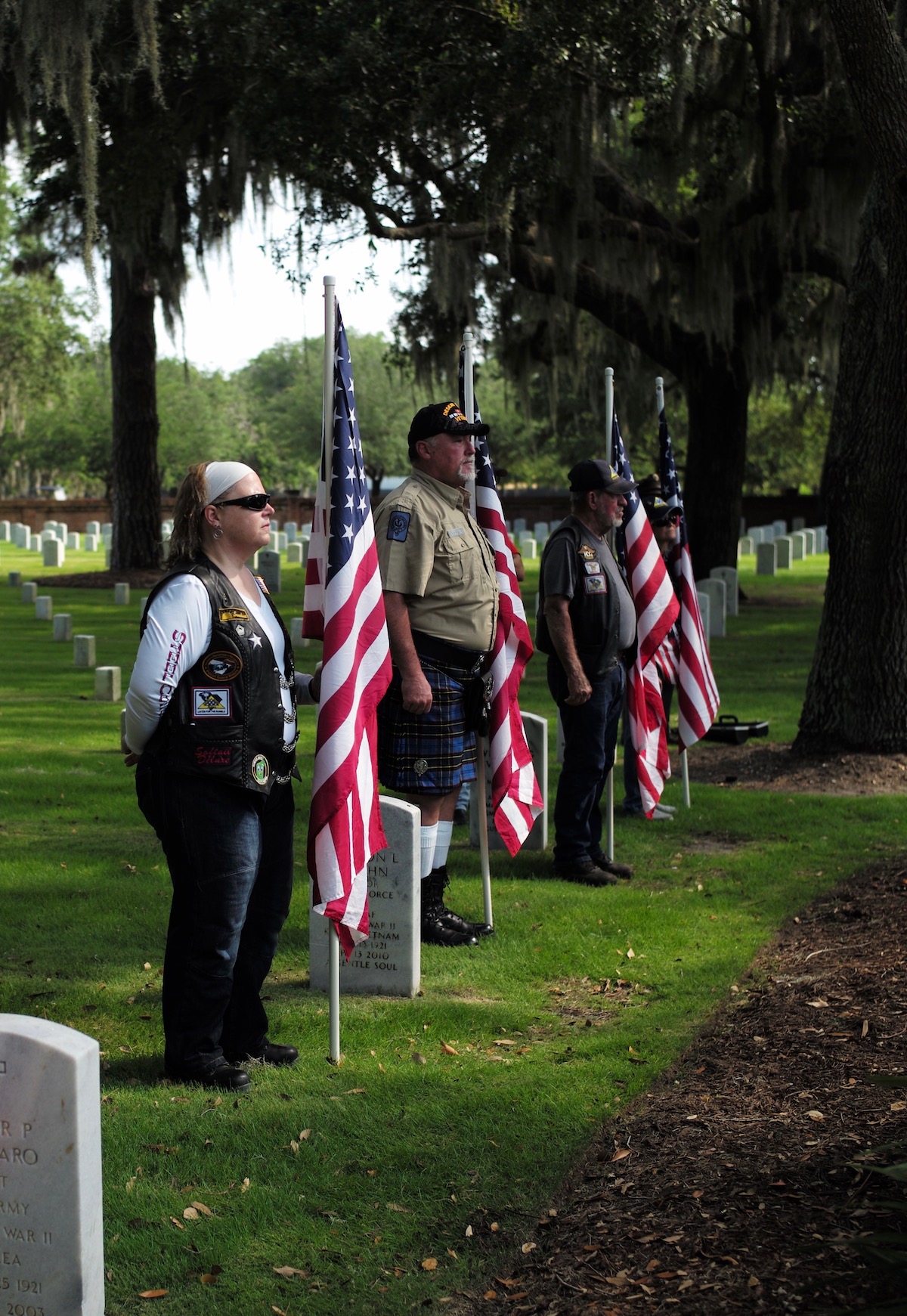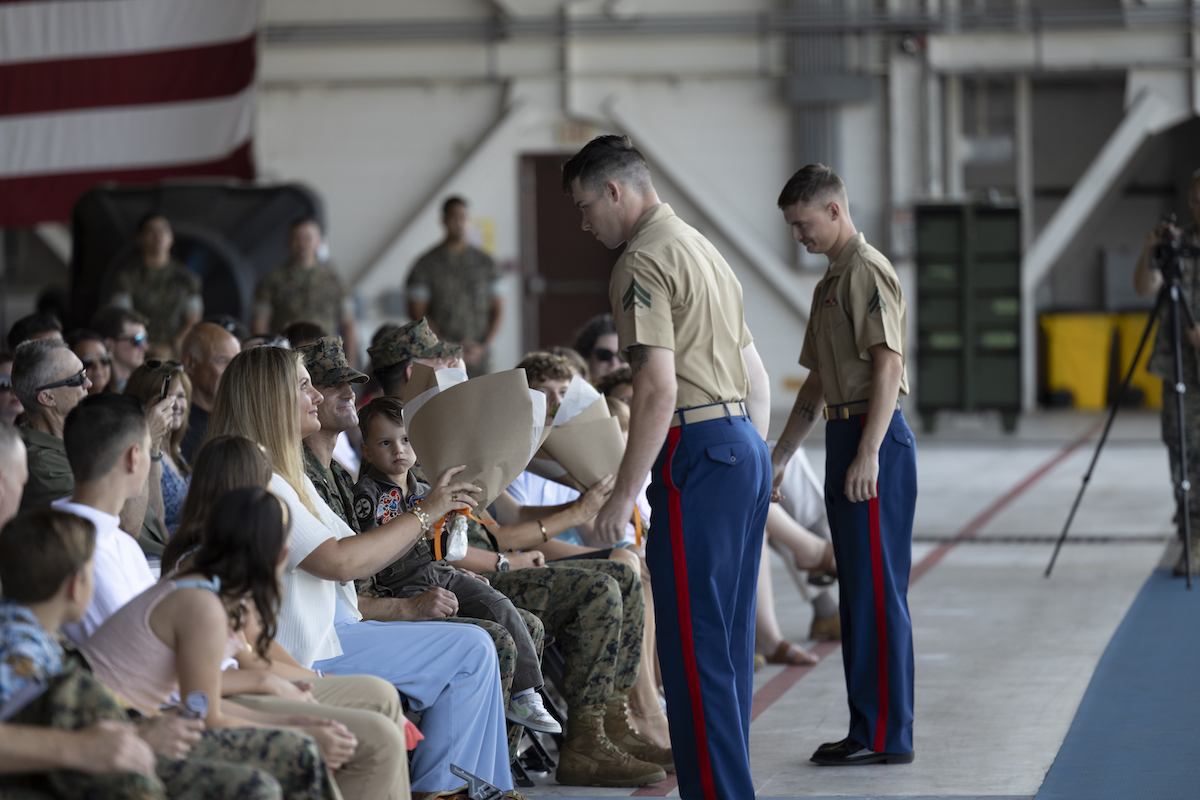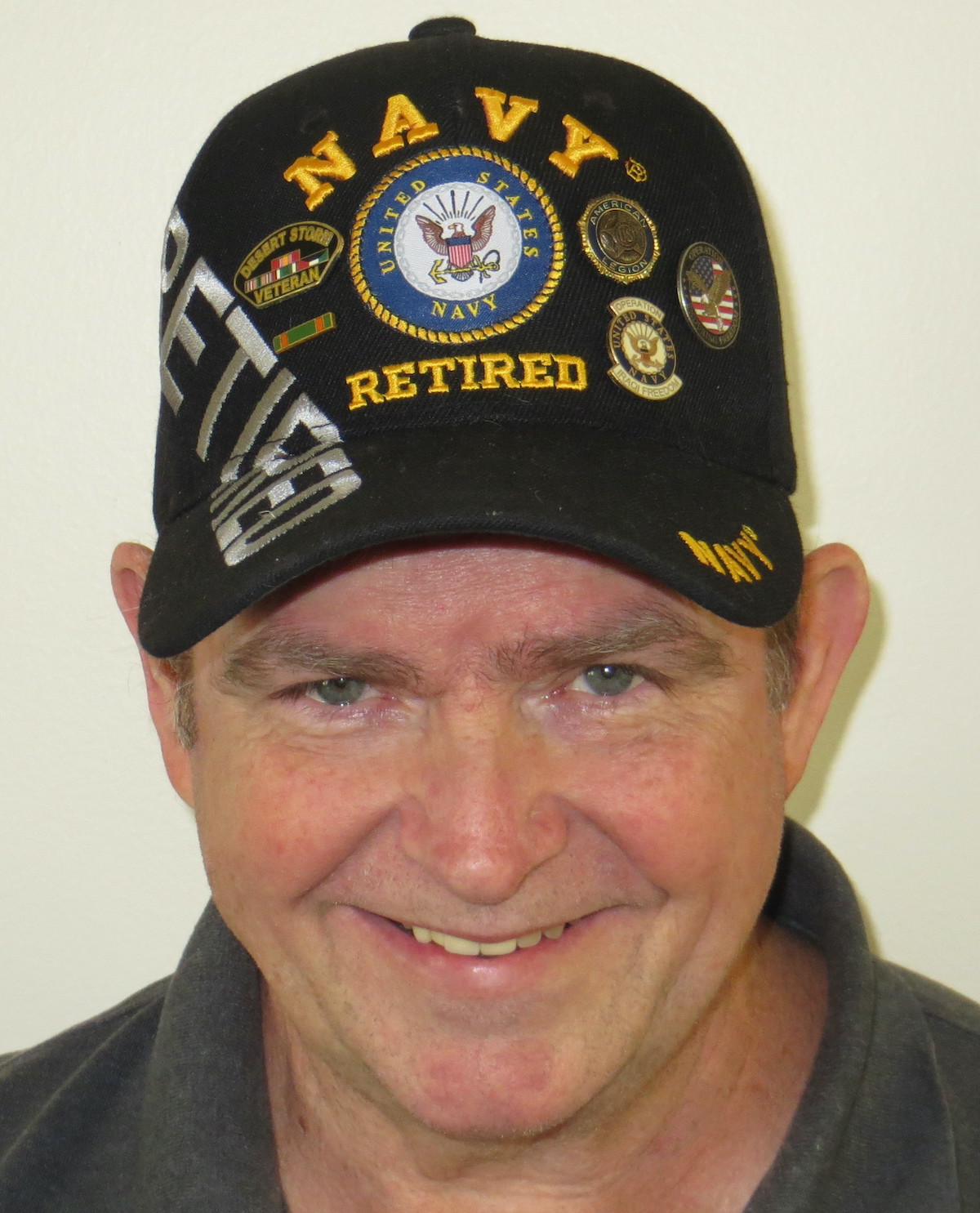Group offers tips on supporting, assisting veterans with PTSD
By Ami Neiberger-Miller
As Americans ready for barbecues and fireworks on the Fourth of July, it’s also important to remember that some veterans might be uncomfortable in large crowds or around loud noises.
Swords to Plowshares, a nonprofit organization that is nationally recognized for its decades of experience and leadership in building comprehensive programs and resources for low-income, homeless, and at-risk veterans, reminds everyone to be supportive of our veterans by respecting how they choose to engage in Fourth of July activities.
Not all veterans who are exposed to combat or other traumatic military experiences are diagnosed with PTSD. Approximately 30% of Vietnam War veterans experience PTSD over the course of their lifetimes, and approximately one in five service members who have returned from deployment operations in Afghanistan and Iraq have symptoms of PTSD.
Because Fourth of July fireworks displays can sound like explosions or gunfire, and these might remind some veterans of traumatic experiences, some will choose to avoid them.
Loud noises may cause a veteran with PTSD to relive or re-experience a traumatic event in their past. This may induce an overly vigilant or guarded response, a preoccupation with danger, or a fixation with being prepared for whatever may occur in the future.
Some veterans may want to avoid public events at other times, even if fireworks are not involved. Research has found that for some veterans, emotional gatherings with patriotic symbols can be a risk for worsening or recurrence of PTSD symptoms.
Others may want to avoid watching the news if it focuses on stories about war. Repeated exposure has been found to be a risk for developing PTSD or worsening of PTSD symptoms, particularly for those veterans who are following the news closely and viewing coverage that is reminiscent of their own experiences.
Hyperarousal, difficulties sleeping or concentrating, a startle response, or avoiding sitting with a back to a door or window may also be due to cumulative trauma. These responses may also correspond to the actual traumatic events if their trauma occurred.
PTSD has a relationship with traumatic brain injury (TBI) and chronic pain as part of what is referred to as “the polytrauma clinical triad.” TBI symptoms such as sleep problems, trouble with memory and concentration, depression, anxiety, and irritability may overlap with those of PTSD.
To help our nation’s veterans, it’s important for caregivers, supporters, and advocates to be well-educated on how to assist them. Developed by Swords to Plowshares and funded in partnership with the Walmart Foundation, Toolbox.vet is unique in that it blends written content with podcast audio and video conversations with real veterans and advocates. Information about PTSD, community-based care, veterans benefits, and much more is available.
Veterans in crisis and those concerned about them can call the Veterans Crisis Line at 1-800-273-8255 (press 1) to talk with caring, qualified responders or go to veteranscrisisline.net. Effective mental health treatment is available through the U.S. Department of Veterans Affairs and through private healthcare providers.
Ami Neiberger-Miller works for Swords to Plowshares, a community-based not-for-profit organization founded in 1974 that provides counseling and case management, rapid re-housing and eviction prevention services, employment and training, supportive housing, and legal benefits assistance for low-income, homeless and at-risk veterans in the San Francisco Bay Area. Swords to Plowshares promotes and protects the rights of veterans through advocacy, public education, and partnerships with local, state and national entities. For more information, visit https://www.swords-to-plowshares.org/.




